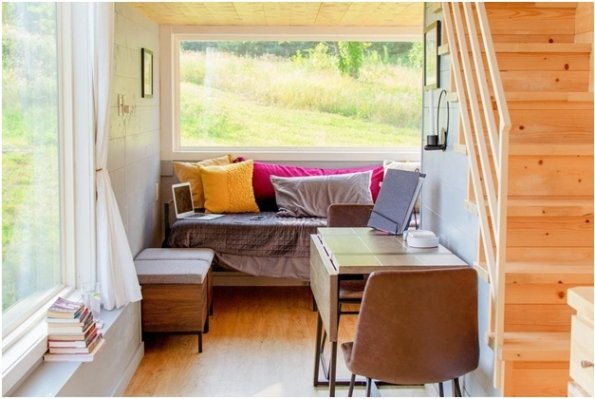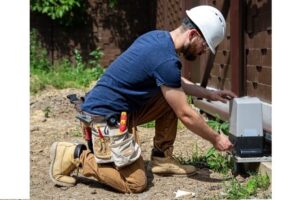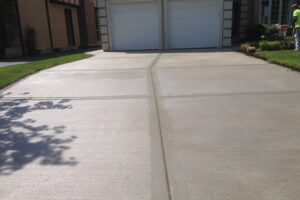The tiny home movement has been gathering steam of late, and with good reason. They cost a whole lot less, are easy to keep clean, and are better for the environment. With less storage space, you will tend to buy less, resulting in significant savings every month.
Tiny homes are not without their challenges; hosting events will be a challenge, and you may have to do away with some things you hold dear. But these drawbacks pale when compared with these benefits.

Table of Contents
1. Save Money
With 400 square feet or less of living space, you will be forced to buy smaller things that, preferably, can perform more than one function. Instead of a monster double-door fridge, you will go for a more modest model which costs a fraction of the cash and consumes far less energy. A smaller fridge means you will spend less on food.
Besides drastically reduced expenditure on appliances and day-to-day necessities, you can find huge savings on the cost of the home itself. Tiny homes, on average, cost about a fifth of what more space-intensive living quarters cost. If you have some DIY skills, your new home can cost you just $23,000.
If you would rather have it purpose-built to your specifications, it could cost up to $59,000. But this is still much less than the average cost of a conventional house for a single-family, which ranges between $275,000 and $390,000. The build time will also be significantly less.
You will also save money when it comes to insuring your home. Tiny house insurance premiums tend to be lower than those of traditional structures. The fact that you will store fewer items in them should also be reflected in the premiums.
2. Care for Nature
A tiny home has fewer rooms that need to be lit, heated, or air-conditioned. The limited space also means you will use appliances that combine multiple functions. This results in dramatically lower power consumption. While a regular house will consume an average of at least 12,000 kilowatt-hours of energy in a year, a tiny home will only consume 914.
The smaller dimensions of tiny homes mean they also have a much smaller carbon footprint as compared to more spacious residences. Moving to a tiny house will reduce your carbon footprint by 45 percent. A traditional home can emit 28,000 pounds of greenhouse gases annually, while a tiny home will emit less than a tenth of that.
The fact that less is consumed in a tiny home means they also produce less waste. With less space for indoor distractions, you will find more reason to spend time outdoors, appreciating the beauty of nature. This can lead you to become more active and benefits your health overall.
3. Simplify
One of the major draws of tiny homes is the opportunity to declutter your house as well as your life. As you move to a more compact space, you will be forced to give your possessions a long, hard look to decide which of them you really need. When you do, you can organize a garage sale to get rid of the rest or cart it off to a local charity.
4. Get Moving
Tiny homes can either be permanent houses built on a dug-up foundation or mobile homes. If you’re an owner of the latter, you can take advantage of the detachment from any one location to take your home with you on a long road trip. If you happen to be working fully remotely, as many have been prompted to by the COVID-19 pandemic, this is the best time to invest in an RV.
You can take time to explore the country, moving from park to park or camping site to camping site whenever you desire a change of scenery. Life in your tiny home can be a daily adventure. You can experience all of this without losing the comforts of your home.
5. Less Maintenance
Another one of the more inviting perks of a tiny house is that they are easy to keep clean. Instead of spending an entire day on house cleaning, you will be able to get the entire space sparkling in less than an hour. This means you spend less on detergent, save water and, most importantly, free up time to relax or engage in personal development. Having less space to stack appliances means you will have fewer electronics that need to be kept clean and in good working condition.
Ready to Go Tiny?
Moving to a tiny home promises great financial, personal, and environmental rewards. But you need to know that it is more than simply moving house; it is a complete lifestyle change. Making do with much less space and many fewer conveniences will take some getting used to.




